5 de octubre 2020

Ortega Grants Chinese Company a Huge Mining Concession

PUBLICIDAD 1M
PUBLICIDAD 4D
PUBLICIDAD 5D
Today's news report: a new way of protest within jails; unemployment worries Nicaraguans more than Covi-19, and a follow-up on the Civic Alliance
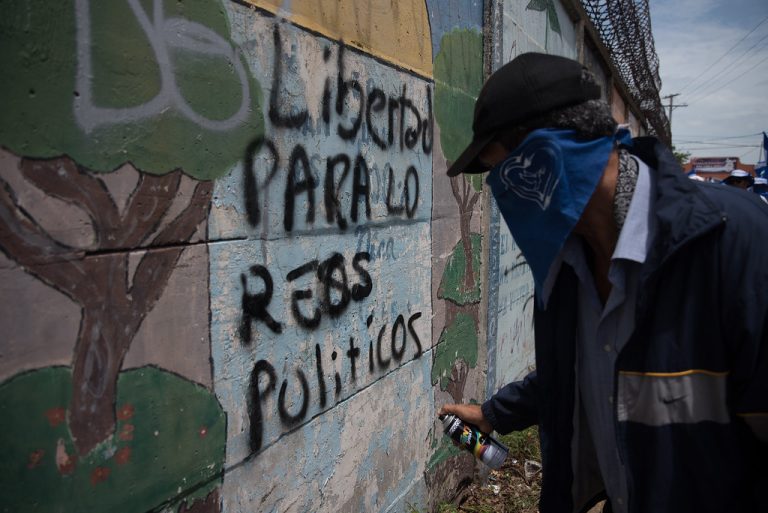
A Nicaraguan citizen paints a graffiti demanding the release of political prisoners. Photo: Confidencial | Nicaragua
Family members of 54 political prisoners of the Daniel Ortega regime reported that three of them sewed their mouths shut as part of the protest demanding their freedom after they began a hunger strike in prison.
Political prisoners from Managua, Jinotepe, and Masaya used a seam to close their lips as a method of peaceful protest, against what they consider unjust confinement caused by political trials.
For now, neither the authorities of the National Penitentiary System, nor the Nicaraguan Red Cross, nor the Office of the Human Rights Ombudsman, have addressed this new form of protest by opposition inmates.
In a letter released this week, the political prisoners announced their decision to go on a hunger strike to demand their freedom as well as an end to the siege and threats to their families.
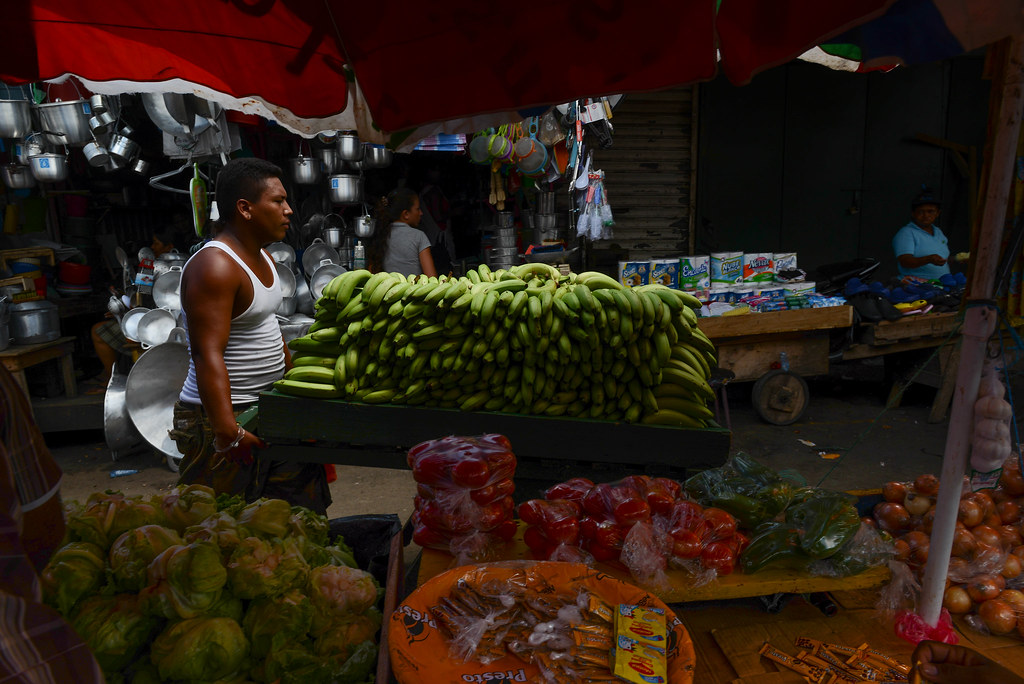
Photo: Carlos Herrera | Nicaragua
The lack of employment and the inability to meet the basic needs of the home due to the high cost of living, are the main concerns in the homes of Nicaraguans, while the threat of the Covid-19 pandemic descends on the list of the main difficulties, reveals the most recent CID-Gallup Nicaragua poll.
34% of Nicaraguans consider that the main problem in Nicaragua is the lack of employment, 17% consider that it is government corruption, 16% believe that it is the situation of citizen insecurity due to crimes, robberies, and assaults, while 10% consider that it is a high cost of living. Only 5% indicate that the main problem is Covid-19.
According to the polling firm, 53% of Nicaraguans expect little or nothing from the regime in addressing these problems.
In addition, eight out of ten Nicaraguans estimate that insecurity in Nicaragua, through crimes, robberies with violence or intimidation, and assaults, has increased throughout the country, according to the study that shows an abrupt rebound in the perception of insecurity. This indicator increased from 49%, in May 2020, to 83% in September of the same year.
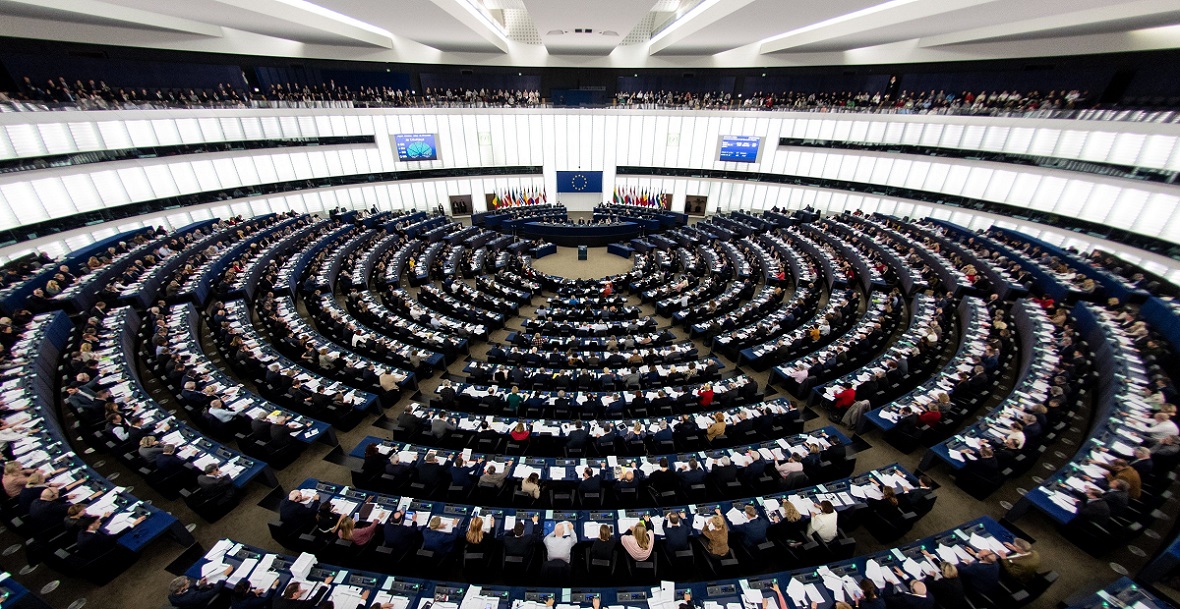
European deputies approve a resolution on Nicaragua Photo: Courtesy
Next Thursday, the European Parliament will discuss a resolution that will define its position regarding the Foreign Agents Law and the Cybercrime Law, which the Ortega-Murillo regime intends to impose to “regulate” legal and natural persons who receive funds from abroad, and annul the freedoms of press and of expression.
José Ramón Bauza, Member of European Parliament, described these laws as “infamous anti-opposition laws”, and stated that, if approved, these laws could leave Nicaragua out of the Association Agreement that the European Union has with Central America.
The Independent Press Forum of Nicaragua rejected the initiative of the Law on Cybercrimes, which directly affects journalists and citizens.
“This is a gag law, which under the false pretext of decontaminating communication, seeks to censor all kinds of information in Nicaragua. With this new initiative, the regime threatens not only journalists and the media but also the freedom of expression of all Nicaraguan citizens inside and outside the country. This law aims to censor and control information on the internet, the only free space for communication that the dictator cannot dominate,” said Jennifer Ortiz, director of Nicaragua Investiga.
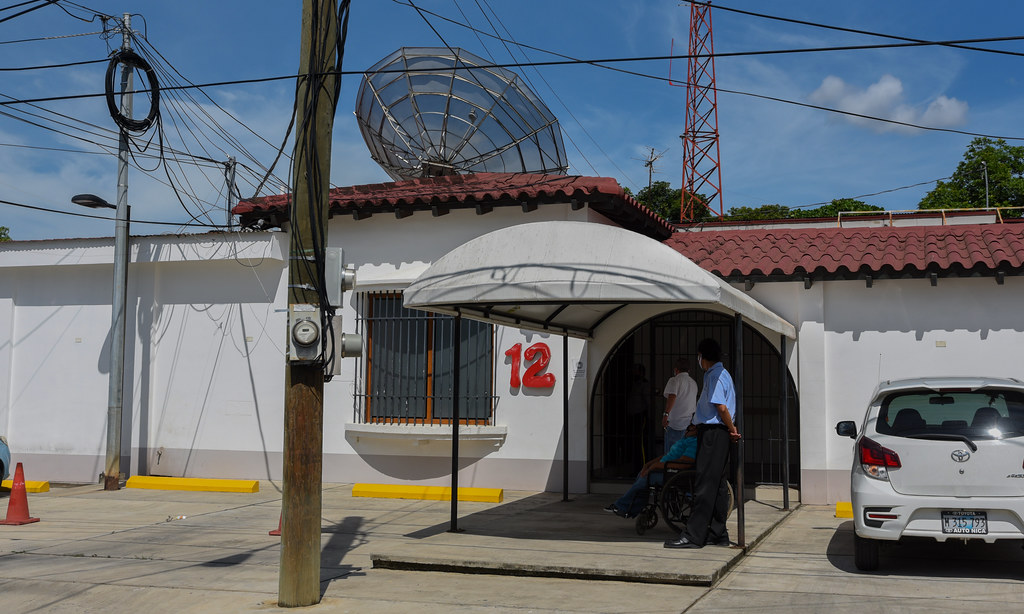
The building facade of Channel 12. Photo: Confidencial
Last week, the journalist and press officer of Radio La Costeñísima, Kalúa Salazar, was sentenced to pay a fine of 7,684 córdobas, equivalent to 120 days of work, after being declared “guilty” of the alleged crime of slander, after disseminating the report: “Corruption is uncovered in the El Rama municipality.”
In another attack against the independent press, Judge Silvia Chica Larios, of the Fourth District Court of Managua, rejected all the evidence that Channel 12 presented at the trial hearing to avoid the seizure of the assets of that communication medium.
The owner of Channel 12, Mariano Valle, fears a new confiscation of Channel 12, but announced that they will appeal the decision of the Ortega court.
“In the next ten days, we have the right to appeal the judge's decision, after which they will make an appraisal of the properties. After that, the judge will hand down a sentence and we already know what it will be,” Valle told the media.
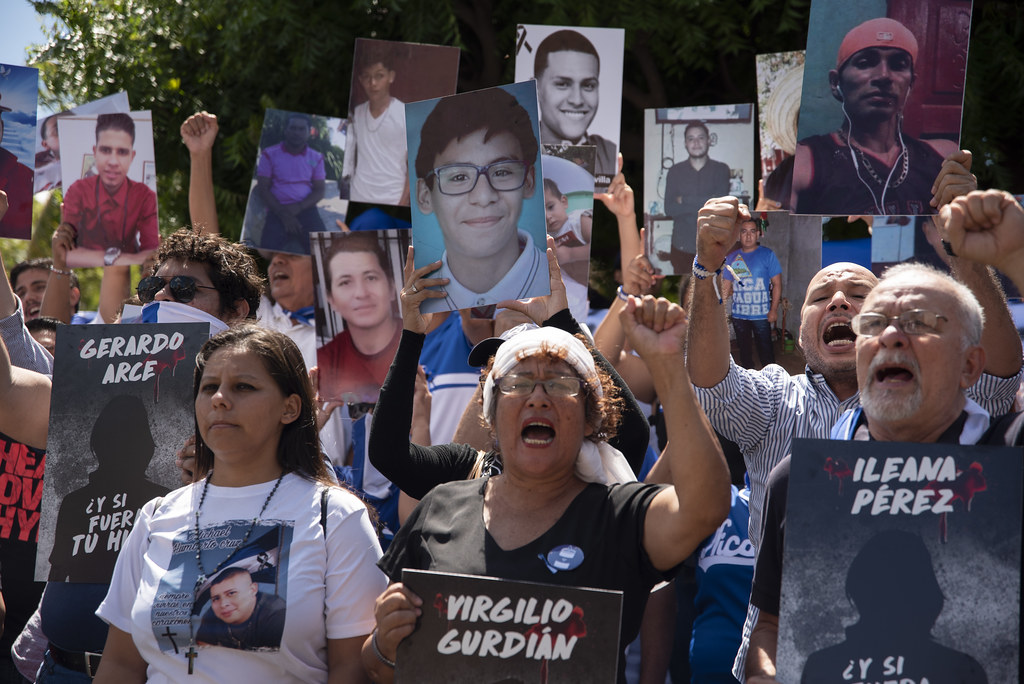
Photo: Carlos Herrera | Confidencial
On the second anniversary of its founding, the Madres de Abril Association (AMA) called on the Nicaraguan people to redouble efforts of civil disobedience and peaceful resistance to continue demanding truth and justice from the Ortega-Murillo regime.
The relatives of the victims of the repression demanded that the opposition organizations put down the practice of caudillos and vanguards to create a unity that guarantees the true spirit of the April rebellion.
Together with more than 500 Ibero-American journalists and artists, the Gabriel García Marquez Foundation for New Ibero-American Journalism, asked the Rapporteur for Freedom of Expression of the Inter-American Court of Human Rights (IACHR) for “urgent action” in regards to the “attack” by Nayib Bukele, president of El Salvador, against the digital newspaper El Faro, and the independent press of that country.
Recently Bukele announced an investigation for alleged money laundering against El Faro, and also attacked other Salvadoran media for criticizing his government, including the newspapers La Prensa Gráfica, Diario de Hoy, and El Mundo, and the portals Factum and Gato Encerrado.
The Citizens for Freedom (CxL) and Democratic Restoration (PRD) parties denounced the request to cancel their legal status before the Supreme Electoral Council (CSE) as an extemporaneous and malicious action.
The challenge was presented by lawyer Luis Manuel Arguello Montiel last Tuesday, September 29, alleging that the CSE did not guide them to make elections in each municipality and that the institution, supposedly, softened the law so that said parties had their legal status.
CxL states that this is a “publicity stunt”, with the aim of creating uncertainty and trying to distract them from the effort made by the Nicaraguan people to recover democracy.
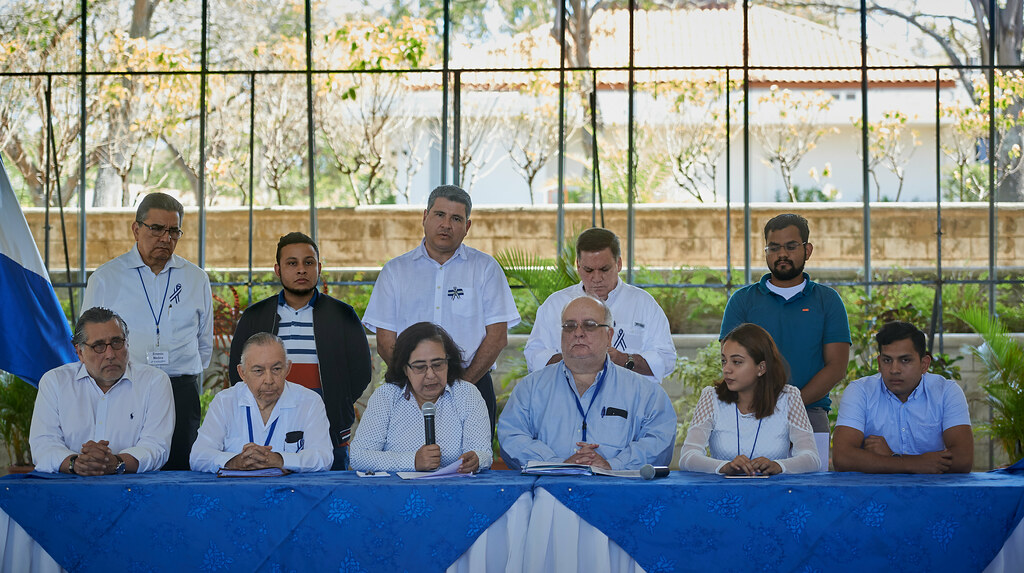
The Civic Alliance for Justice and Democracy during a press conference in Managua. Photo: Carlos Herrera / Confidencial
The Civic Alliance for Justice and Democracyaffirmed that the discussion on their permanence in the National Coalition “continues as an agenda point in their internal discussion,” after this Monday, they did not obtain the ⅔ votes to formalize their retirement.
Sources from the organization told CONFIDENCIAL that the Civic Alliance will vote again on October 26, after the session of the Organization of American States on Nicaragua.
The National Coalition is preparing for “a scenario of the eventual withdrawal of the Civic Alliance from that organization”, although they insist on the need to find a mechanism to guarantee its permanence.
This article has been translated by Ana Maria Sampson, a Communication Science student at the University of Amsterdam and member of our staff*
PUBLICIDAD 3M
Confidencial es un diario digital nicaragüense, de formato multimedia, fundado por Carlos F. Chamorro en junio de 1996. Inició como un semanario impreso y hoy es un medio de referencia regional con información, análisis, entrevistas, perfiles, reportajes e investigaciones sobre Nicaragua, informando desde el exilio por la persecución política de la dictadura de Daniel Ortega y Rosario Murillo.
PUBLICIDAD 3D